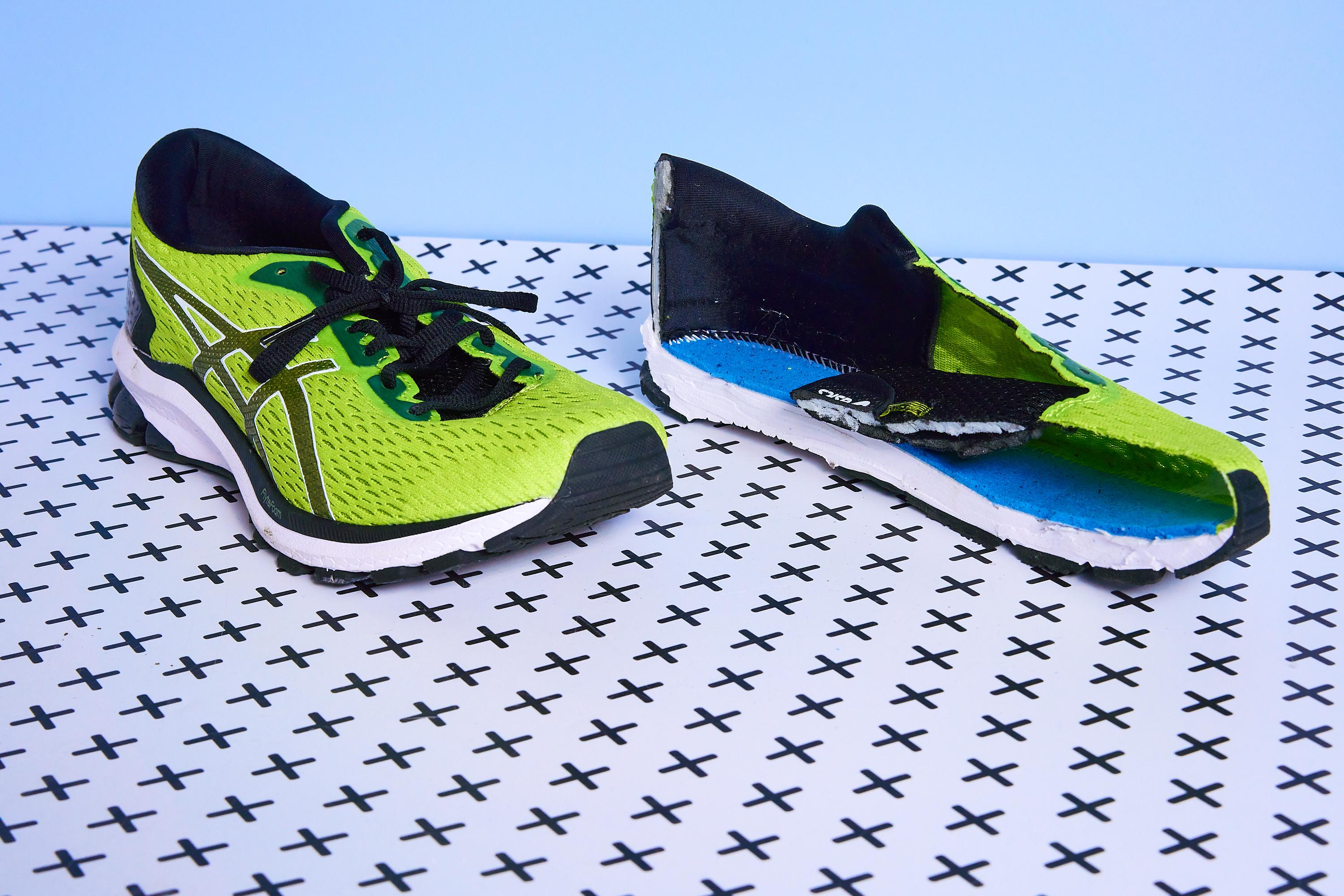Our verdict
Pros
- Great grip
- Decent cushioning
- Excellent stability shoe for over-pronators
- Durable
- Fits true to size
- Arch support
Cons
- Some heel slip
- Might be too warm for some
Audience verdict
Comparison
The most similar running shoes compared
+ + Add a shoe | |||||
|---|---|---|---|---|---|
| Audience score | 88 Great! | 87 Great! | 78 Decent! | 83 Good! | |
| Price | $100 | $120 | $110 | $170 | |
| Pace | Daily running | Daily running | Daily running | Daily running | |
| Shock absorption | - | Moderate | Moderate | Low | |
| Energy return | - | High | Low | Low | |
| Traction | - | - | High | Moderate | |
| Arch support | Stability | Stability | Stability | Stability | |
| Weight lab Weight brand | 10.1 oz / 286g 9.8 oz / 278g | 10.3 oz / 293g 10.5 oz / 297g | 9.6 oz / 272g 9.3 oz / 265g | 11.6 oz / 329g 11.3 oz / 320g | |
| Drop lab Drop brand | 6.0 mm 10.0 mm | 9.8 mm 10.0 mm | 9.6 mm 8.0 mm | 7.9 mm 10.0 mm | |
| Strike pattern | Mid/forefoot | HeelMid/forefoot | HeelMid/forefoot | Mid/forefoot | |
| Size | - | True to size | True to size | True to size | |
| Midsole softness | - | Firm | Soft | Balanced | |
| Difference in midsole softness in cold | - | Small | Normal | Normal | |
| Toebox durability | - | Decent | Decent | Good | |
| Heel padding durability | - | Good | Good | Good | |
| Outsole durability | - | Bad | Good | Good | |
| Breathability | - | Warm | Warm | Moderate | |
| Width / fit | Medium | Medium | Medium | Narrow | |
| Toebox width | - | Wide | Medium | Medium | |
| Stiffness | Stiff | Stiff | Moderate | Moderate | |
| Torsional rigidity | Stiff | Moderate | Stiff | Stiff | |
| Heel counter stiffness | Stiff | Moderate | Moderate | Moderate | |
| Heel lab Heel brand | 31.6 mm 31.0 mm | 32.9 mm 31.0 mm | 35.4 mm 34.5 mm | 33.2 mm 31.0 mm | |
| Forefoot lab Forefoot brand | 25.6 mm 21.0 mm | 23.1 mm 21.0 mm | 25.8 mm 26.5 mm | 25.3 mm 21.0 mm | |
| Widths available | Normal | Normal | NormalWideX-Wide | Normal | |
| Orthotic friendly | ✓ | ✓ | ✓ | ✓ | |
| Season | - | All seasons | All seasons | All seasons | |
| Removable insole | ✓ | ✓ | ✓ | ✓ | |
| Ranking | #295 Top 44% | #172 Top 45% | #338 Bottom 11% | #260 Bottom 32% | |
| Popularity | #653 Bottom 4% | #354 Bottom 7% | #136 Top 36% | #145 Top 38% |
Size and fit
Size
ASICS GT 1000 9 review and lab test
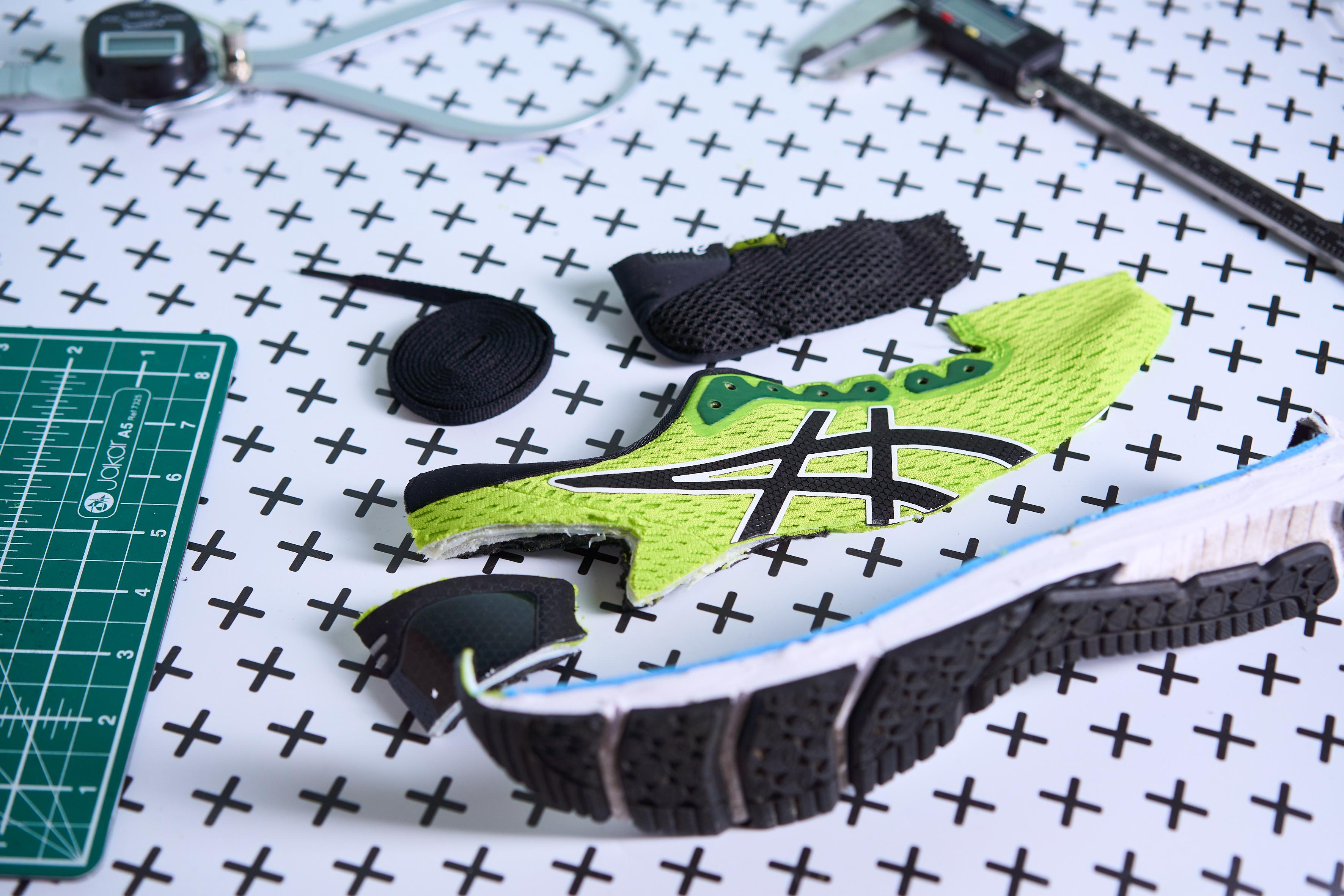
ASICS seems to hit the nail on the head when it comes to dependable, durable, everyday runners. With few changes in style over the last decade, the GT 1000 9 are unmistakable a road running shoe, but with modern stability features and a very attractive price tag.
With a durable sole, reasonable cushioning, and noticeable corrections to pronation, there’s a lot to love in the GT 1000 9. While there are a couple of negative points, the shoe does exactly what it says on the tin:
A Budget Stability Road Running Shoe
An RRP of £100 for a stability running shoe is quite a steal, and while it doesn’t have some of the bells and whistles of the likes of the Gel Kayano Light 3 or the Brooks Glycerin GTS 20, it’s definitely aimed at the entry-level runner who needs some correction.
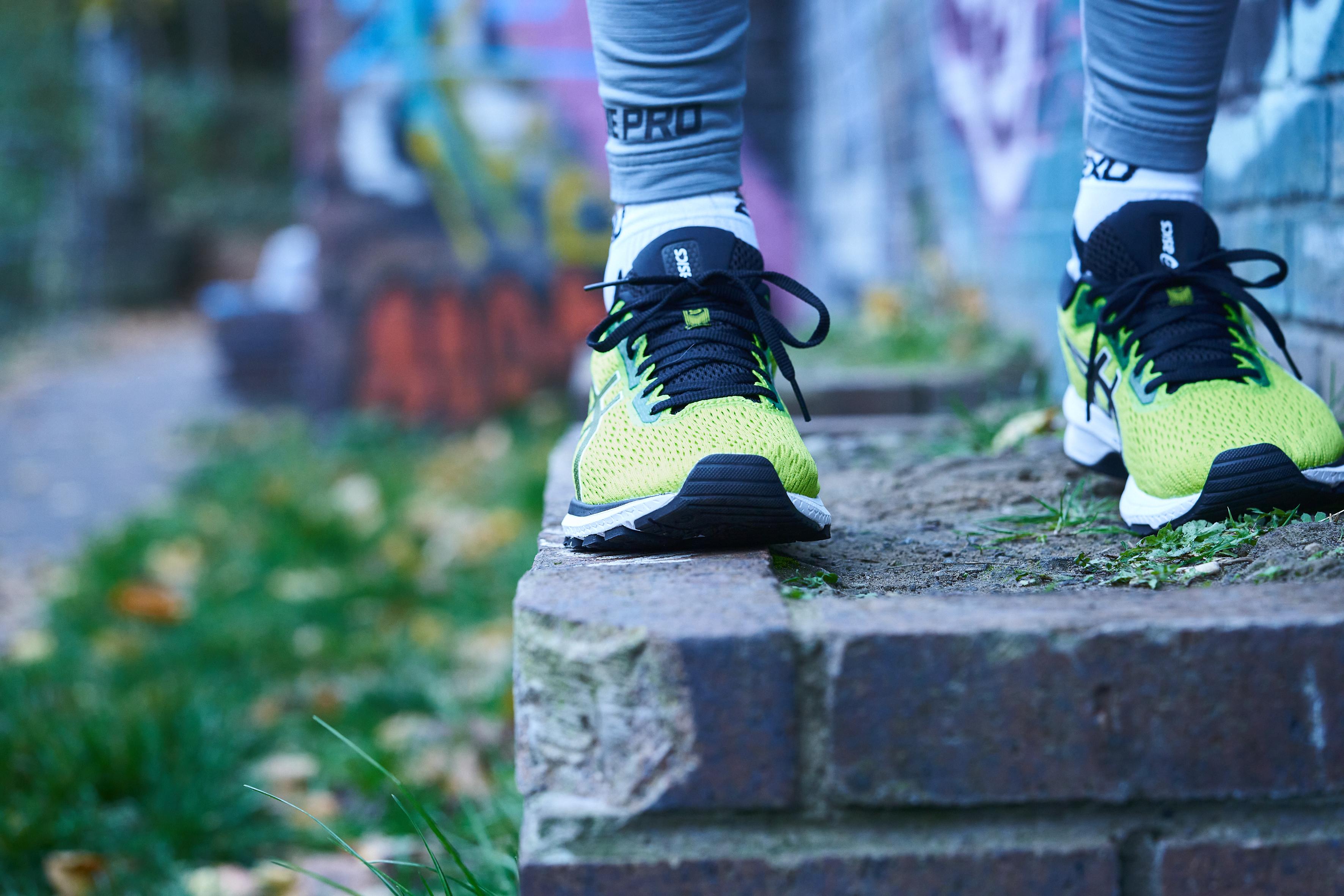
In my mind, the ASICS GT 1000 9 works perfectly in this bracket. I over-pronate and during testing found a gentle push to fix my stride, which paired with plenty of cushioning and the comfortable upper was perfect for my 5-10k runs.
Who should buy the ASICS GT 1000 9
The GT 1000 9 is perfect if you're looking for a reasonably priced stability shoe that offers some nice features and a premium build quality. With a fair amount of cushioning and average drop, it's the perfect all-around road runner for easier runs.
Who should not buy the ASICS GT 1000 9
Don’t buy the 1000 9 if:
- You’re covering serious miles. I found the Hoka Arahi 5 to be much more suited for long hours spent beating the tarmac.
- You’re planning to bring it on race day. Instead, I suggest trying something with a higher energy return carbon plate like the ASICS Magic Speed.
- You don’t over-pronate (lucky you), there are some excellent options for neutral runners like the Saucony Endorphin Speed 2 or, if you’re budget-conscious, the Brooks Revel 5.
Some slipping in the lockdown
While the ASICS GT 1000 9 feels true to size and super comfortable once strapped in, I felt so heel slip on my runs. Unlike the GT 2000 10 which feels super-roomy in the toe box, the only place I felt the movement was right in the heel.
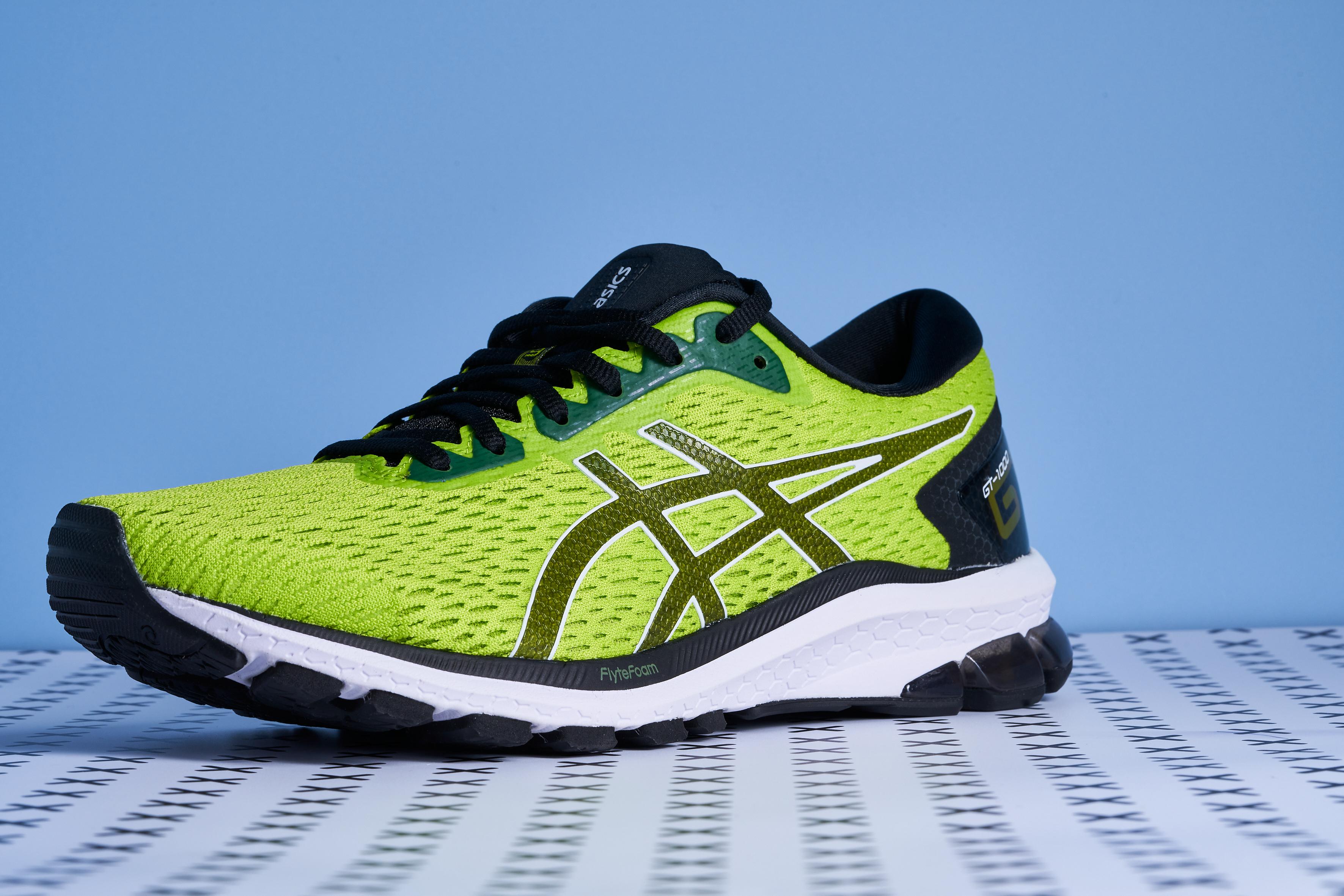
Having said that, ASICS adds an extra eyelet to get a proper lace lock going on. Even without it, the stiffness of the heel counter and extra padding in the ankle keep this to a minimum.
While that’s nice, a real help would be a gusseted tongue. These are becoming more of a regular feature in running shoes across the board and help to keep feet locked in, as well as keeping debris out. Twice I found a twig get into the shoe on my road runs!
The ASICS GT 1000 9 get the foundations right
The outsole of the GT 1000 9 is constructed from AHAR - or ASICS High Abrasion Rubber. This is a carbon-blended rubber that provinces quite a beefy 5mm of outsole to the shoe and is found on most ASICS Road runners.
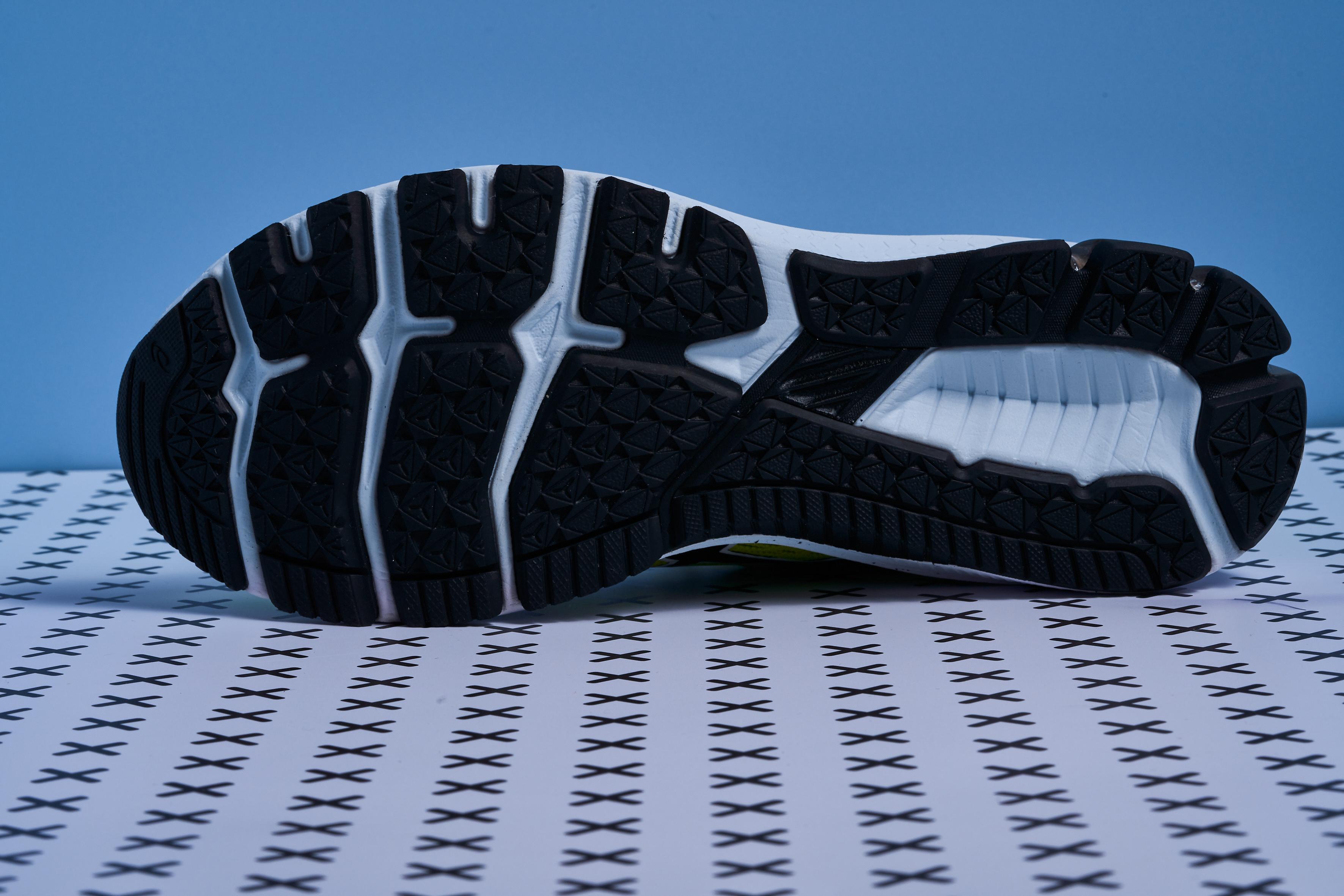
The AHAR does a fantastic job of keeping traction on wet and leafy tarmac and I found myself more trusting of my step than usual during Scottish autumn running - which tends to be notoriously wet and slippery.
ASICS show their colors in their budget-friendly offering

The midsole of the GT 1000 9 is mostly made up of Flytefoam Lyte, a lightweight, durable foam that offers a little bit of bounce.
While this isn’t enough to help your pace, I found the dampening to be better than the likes of ASICS Gel Contend 7 while giving some energy return.
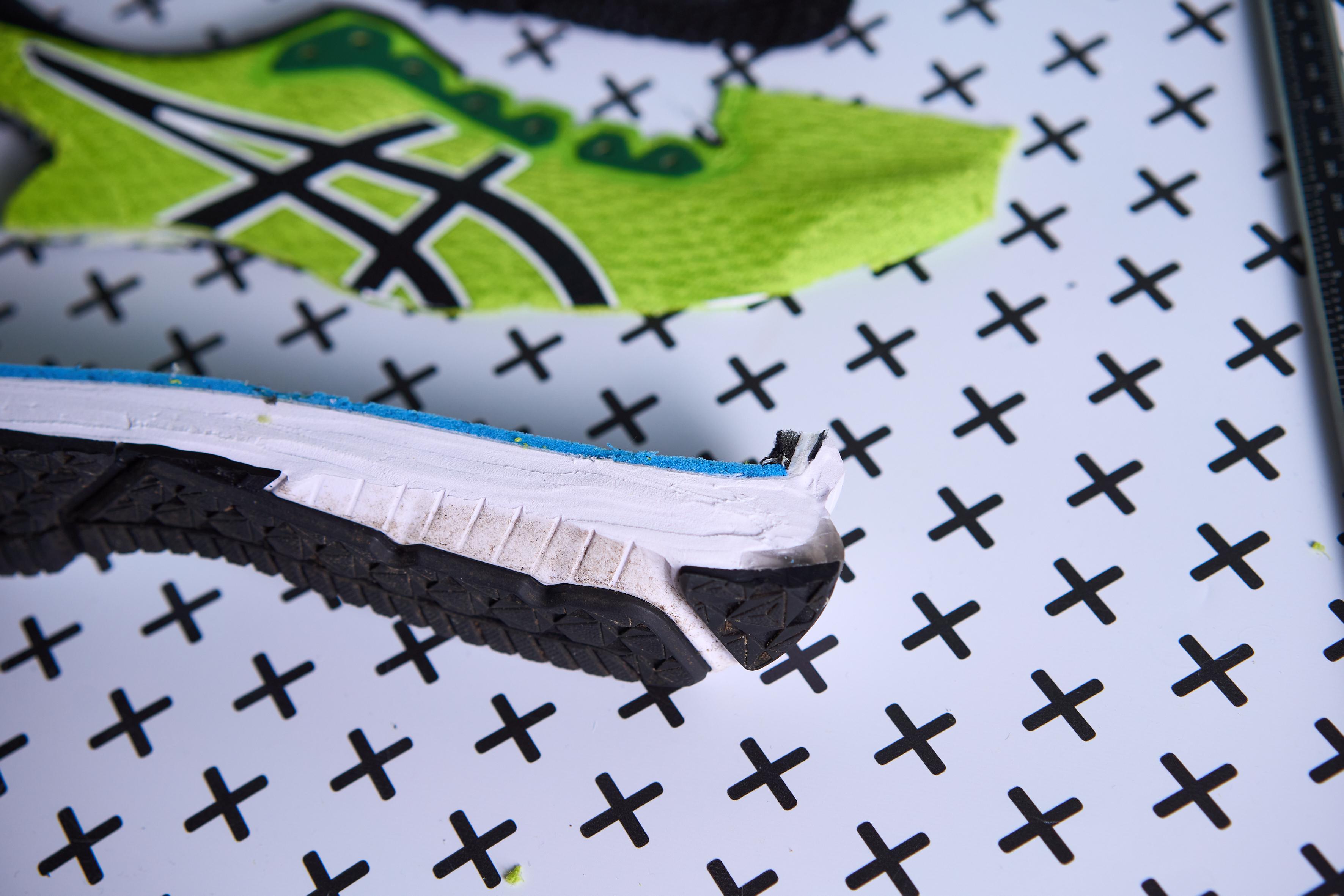
The clearest support feature in the shoe is the gel cushioning system in the outer heel. Distinctly just on one side of the shoe, the gel helped cushion my stride and still let my foot roll.
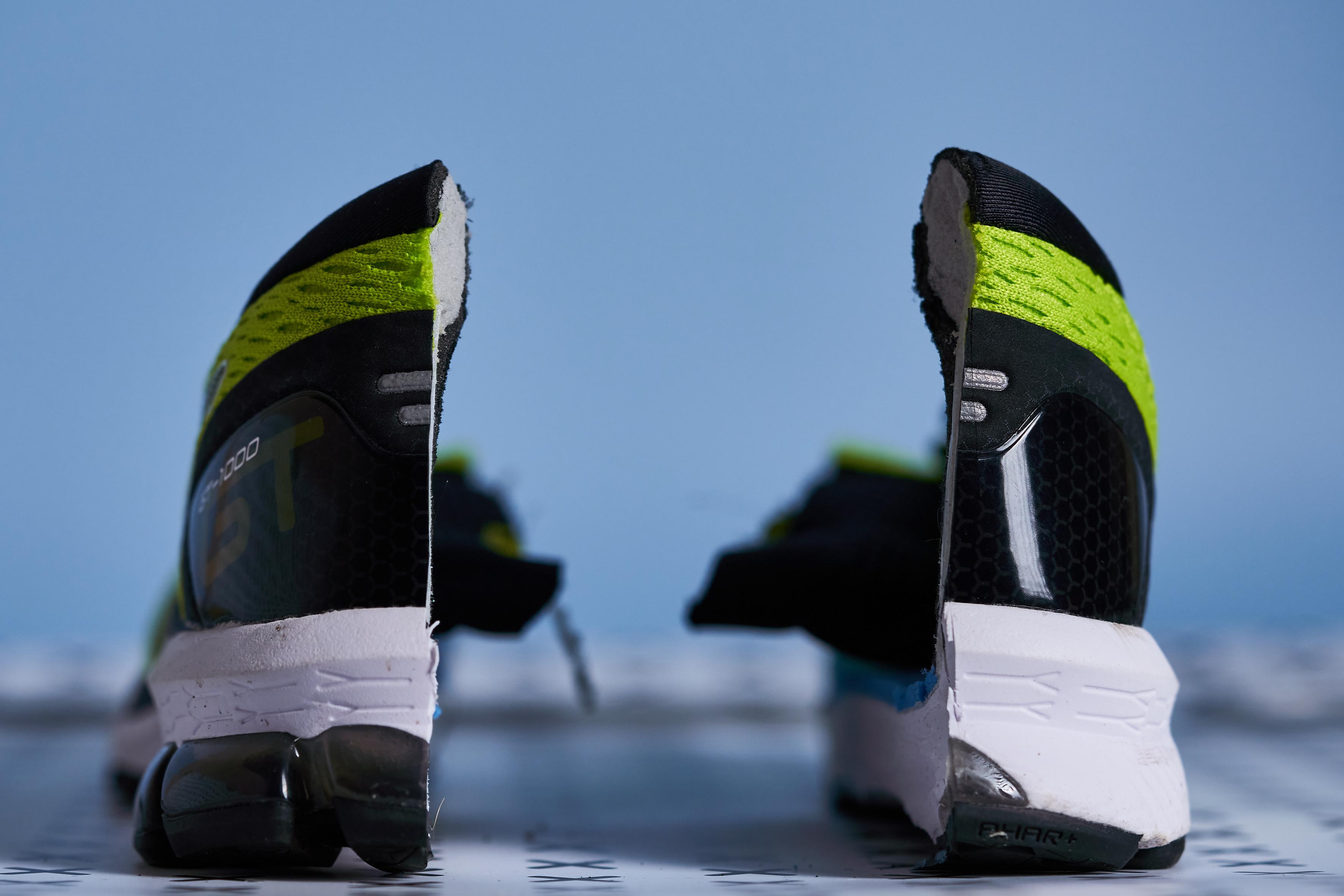
The ASICS GT 1000 9 offers low-key pronation support for shorter runs
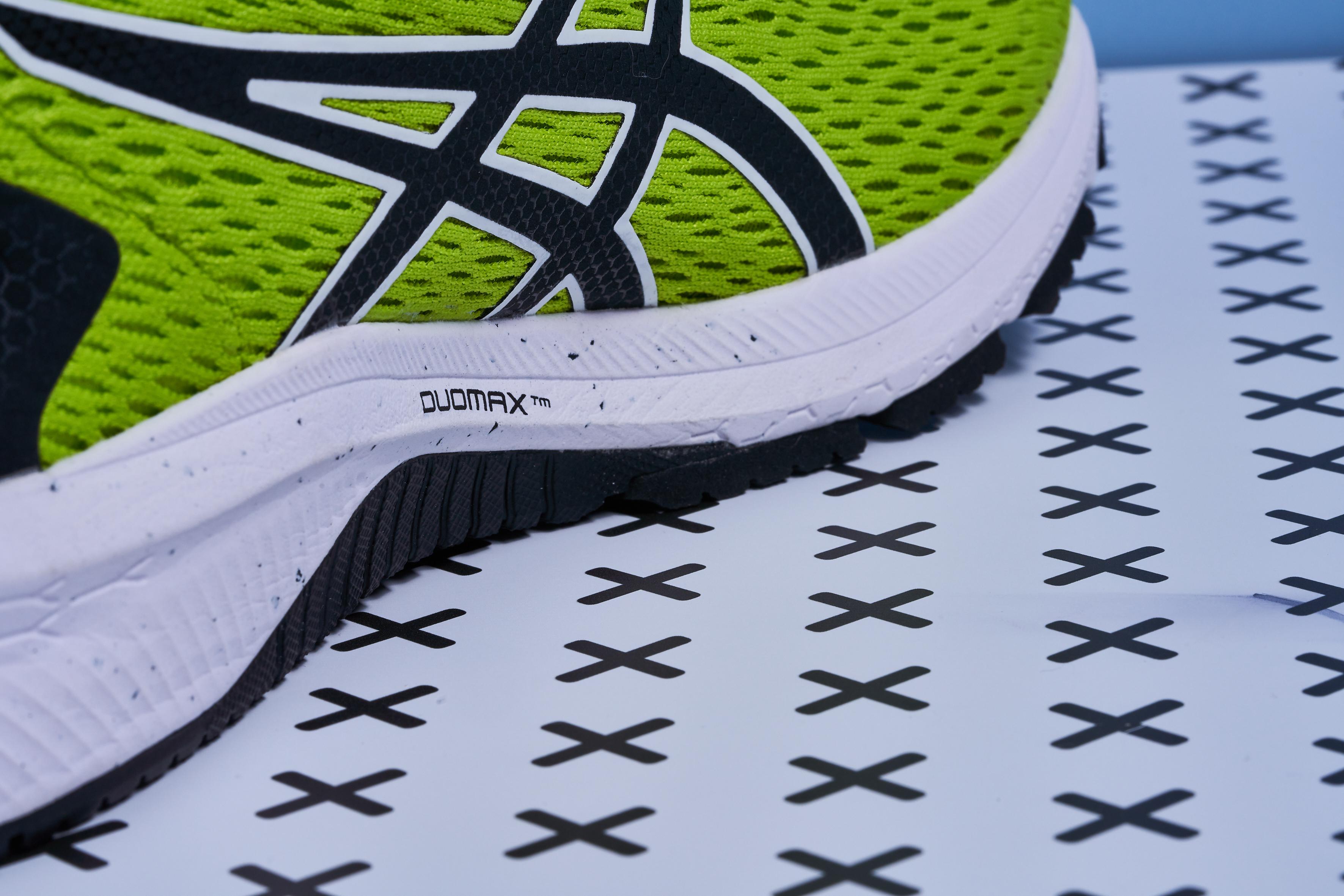
The midsole incorporates DuoMax support, a higher density foam in the medial side of the midfoot. This adds support and stability to runs and is a nice feature to see in lower price ranges.
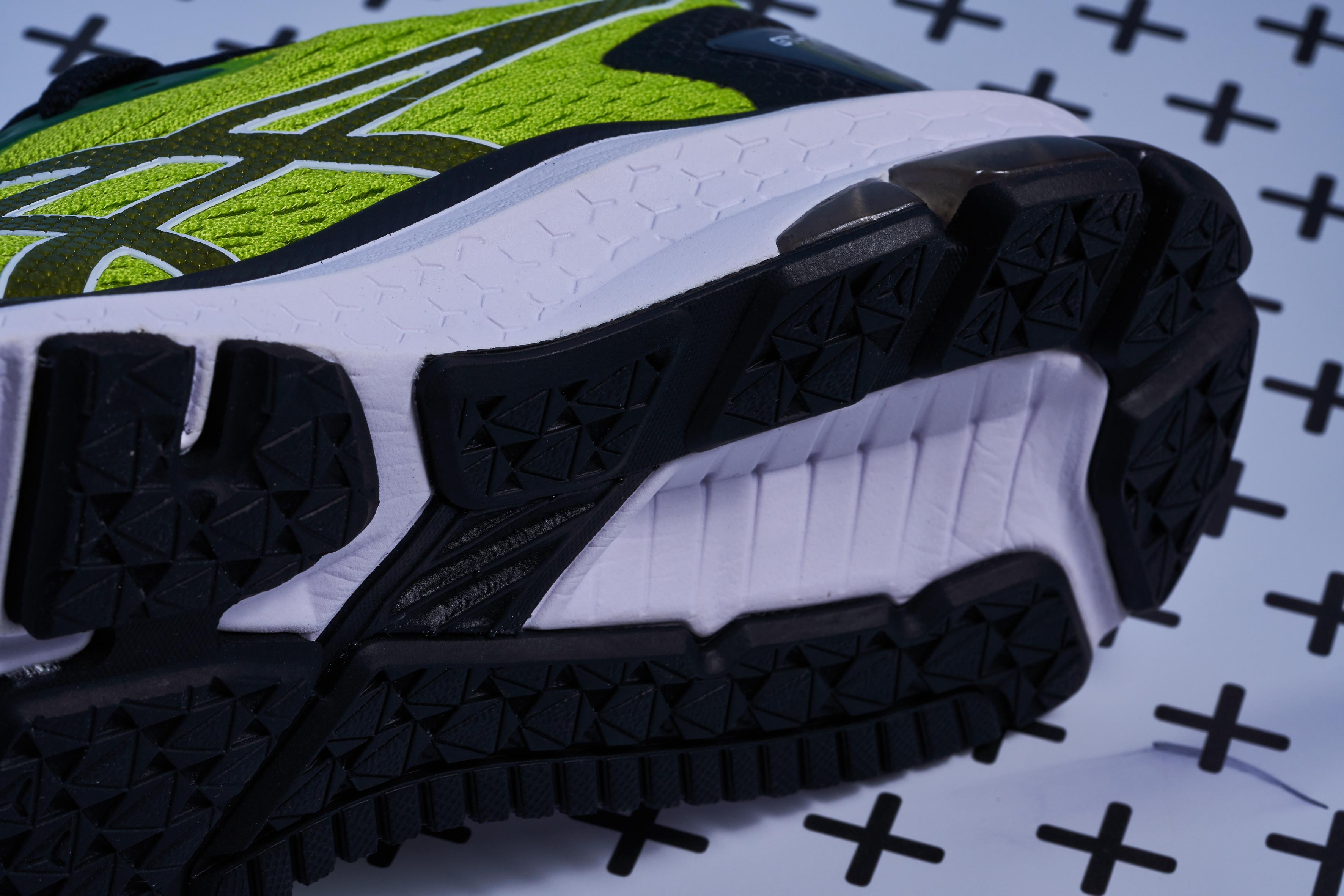
Moreover, ASICS adds its Trusstic technology in the midfoot. This is essentially a thermoplastic shank running diagonally under the midfoot to guide the foot into a more neutral transition between heel and midfoot.
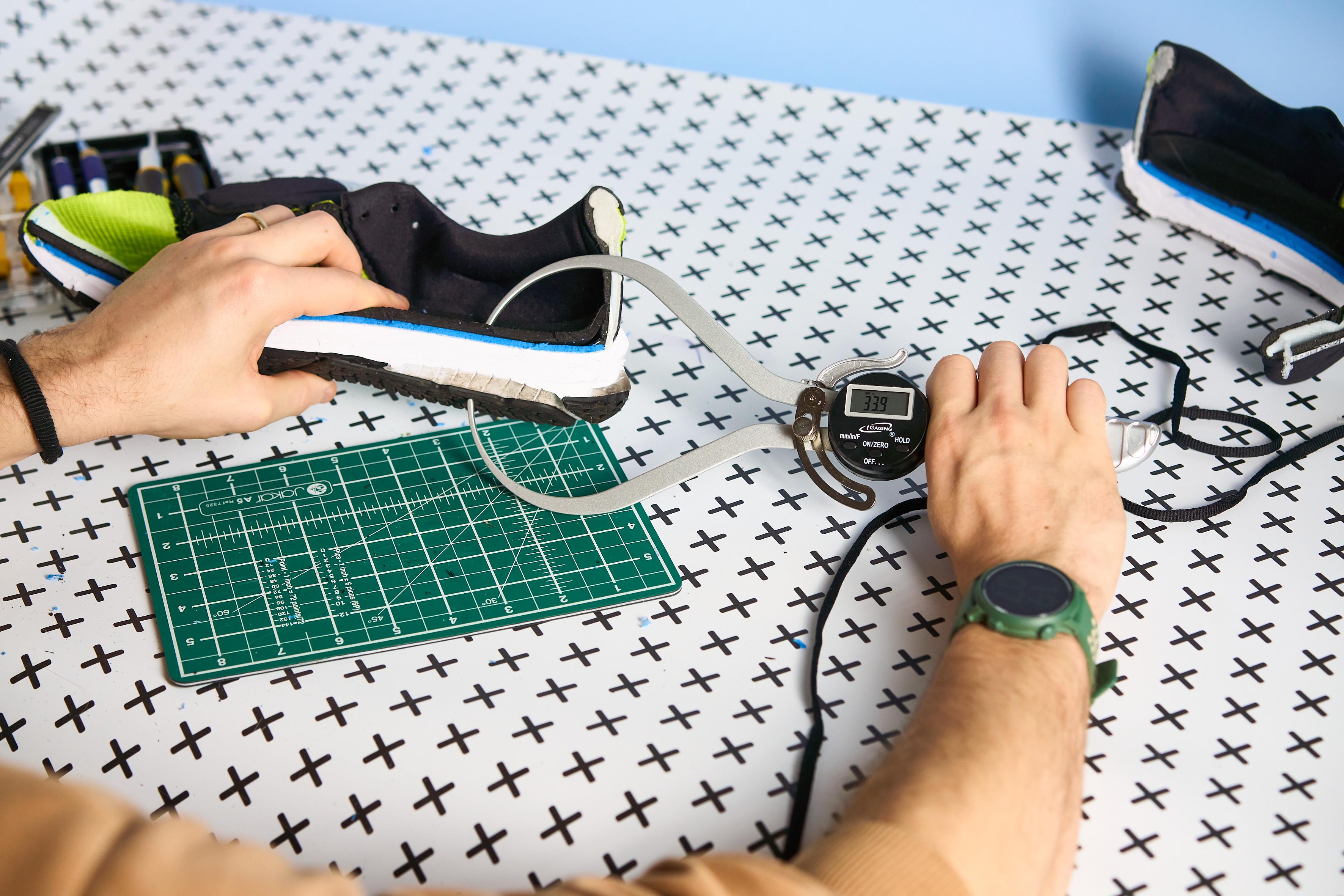
With a heel stack of 33.9mm and an 8.3mm drop to the forefoot, the shoe remains relatively minimal which isn’t a surprise. This allows ASICS to put in their stability tech without worrying too much about added materials and weight. Which reminds me…
ASICS are keeping their stability shoes as light as possible
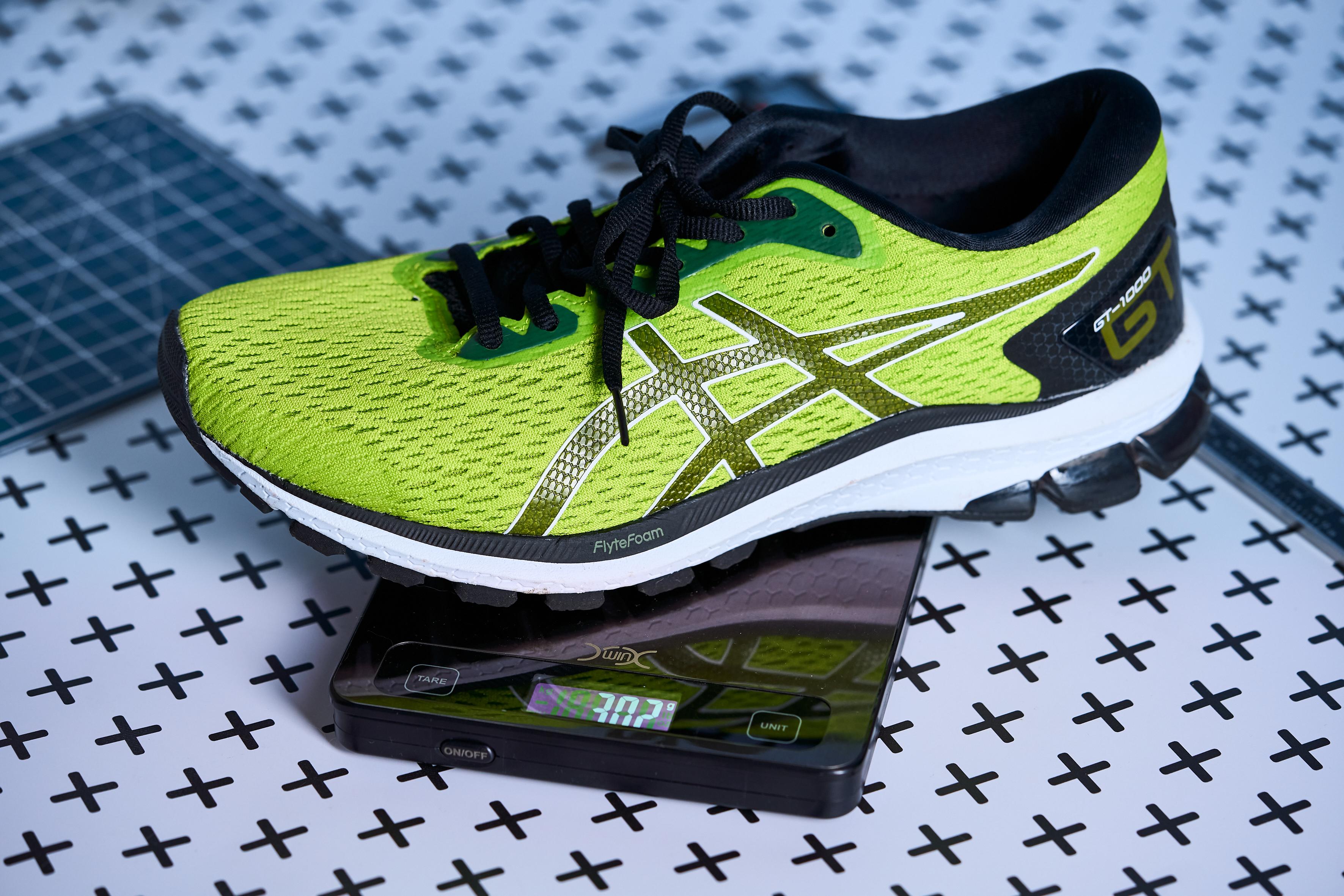
It’s true, at 10.65oz (302g) in UK size 9 the GT 1000 9 isn’t super lightweight. But for a stability shoe, that’s really not bad. Thanks to their minimal height and mesh upper I didn’t notice any extra effort going into taking each step.
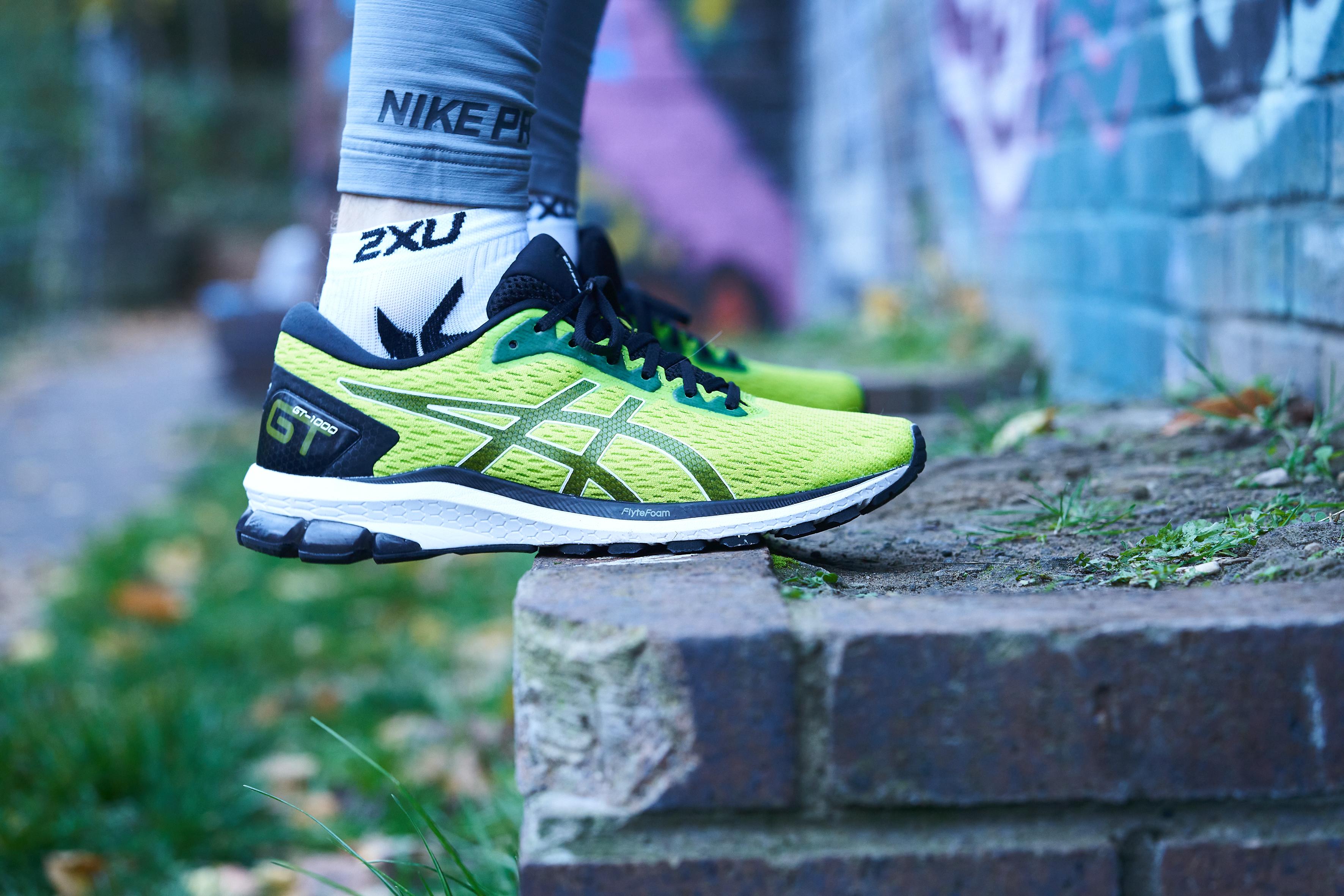
If you wanted to try something a bit lighter, the GT 2000 12 is a step up for lightweight stability, while not being a huge step up in price.
The GT 1000 9s are a brilliant choice for cooler days.
Perhaps some of that weight comes from the padding because there sure is a lot of it. From the toe box to the 14.2mm tongue to the pillow of ankle support, this shoe is covered in foam.
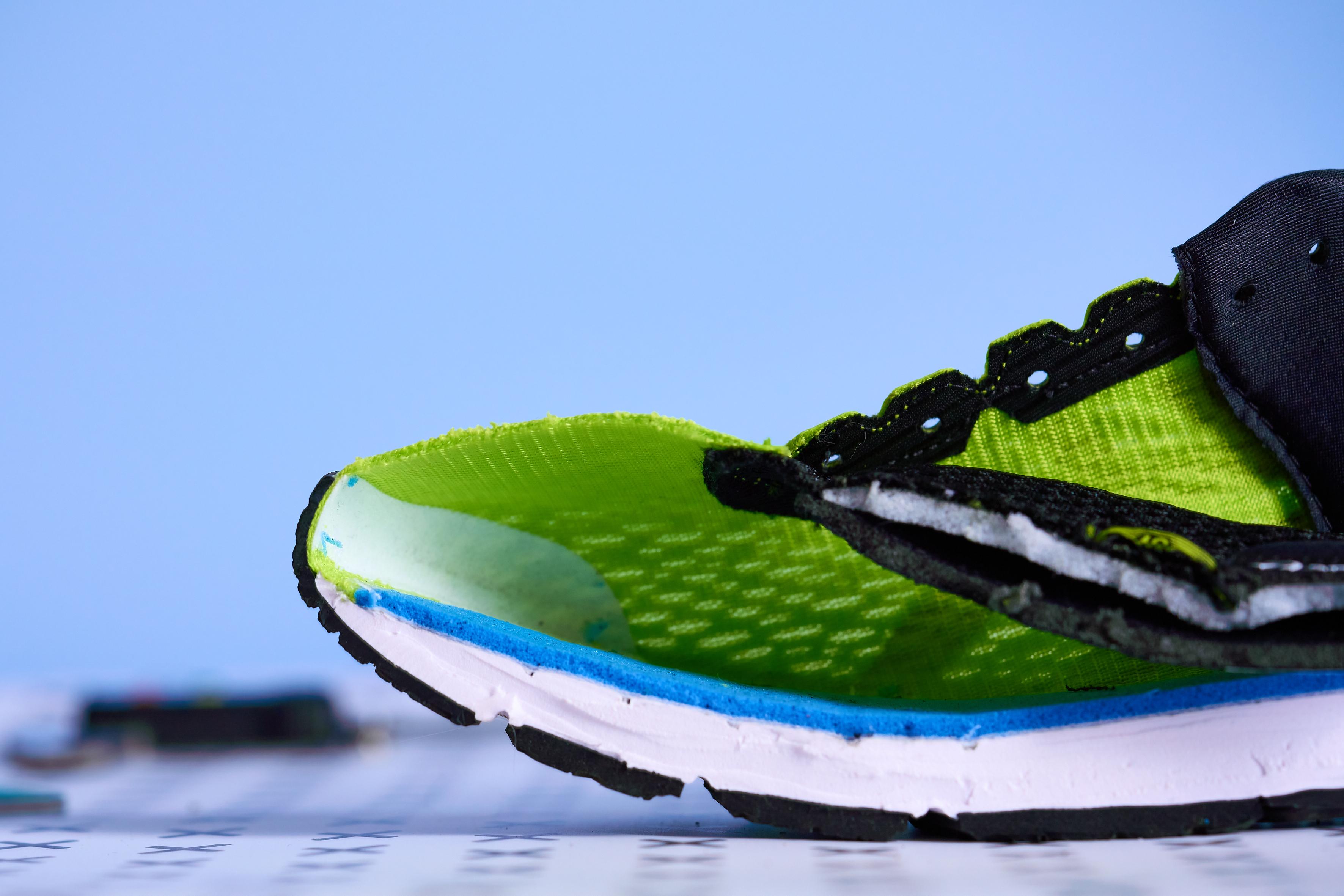
While super welcome as the days get colder up here in Scotland, I can imagine this becoming a problem in warmer climes.
As soon as you’re ready, so are these
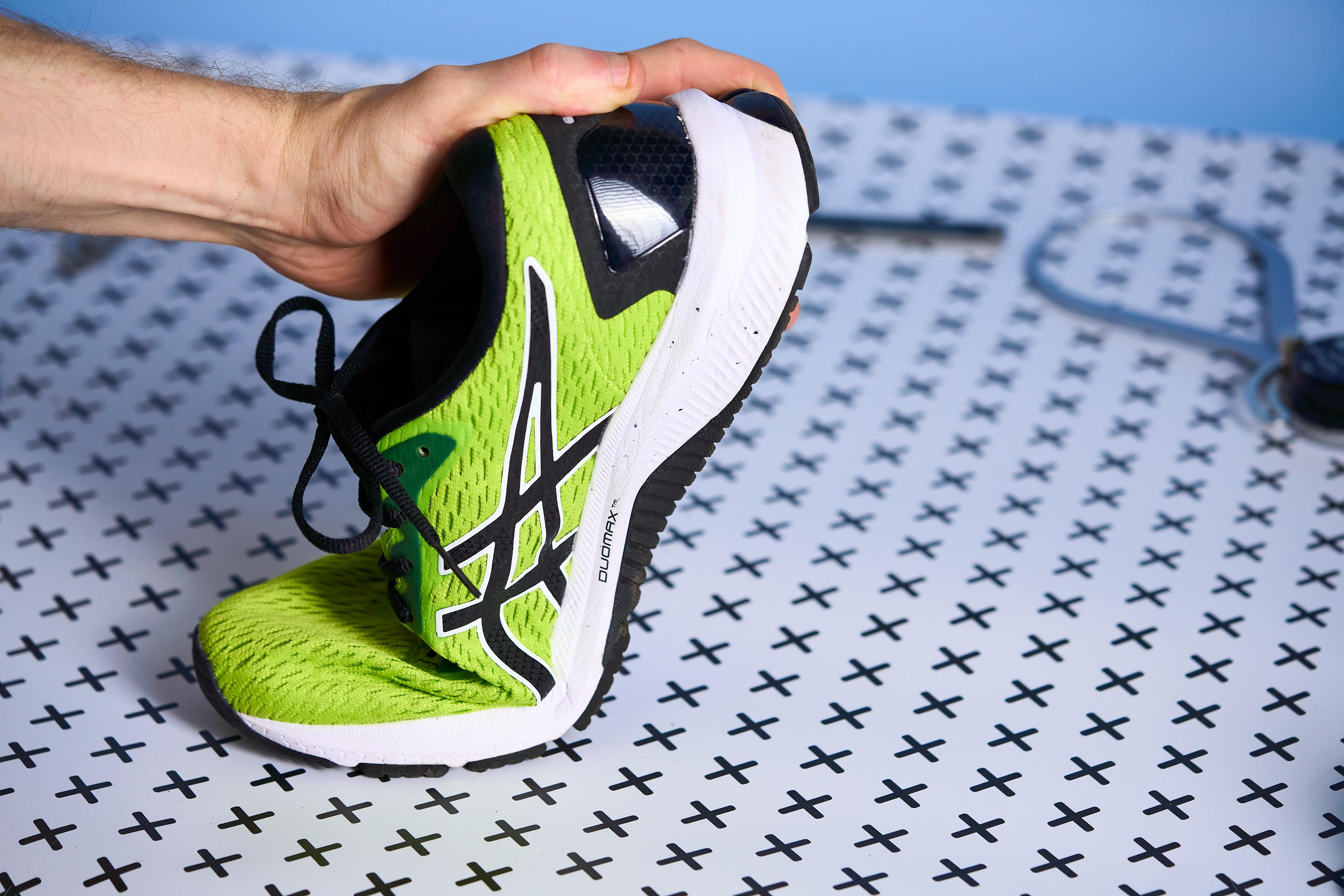
Perhaps thanks to all that padding, plus being fairly flexible (22.5N to flex to 45°) the ASICS GT 1000 9 needed absolutely no time to wear in and was super comfy right out of the box.
Conclusion
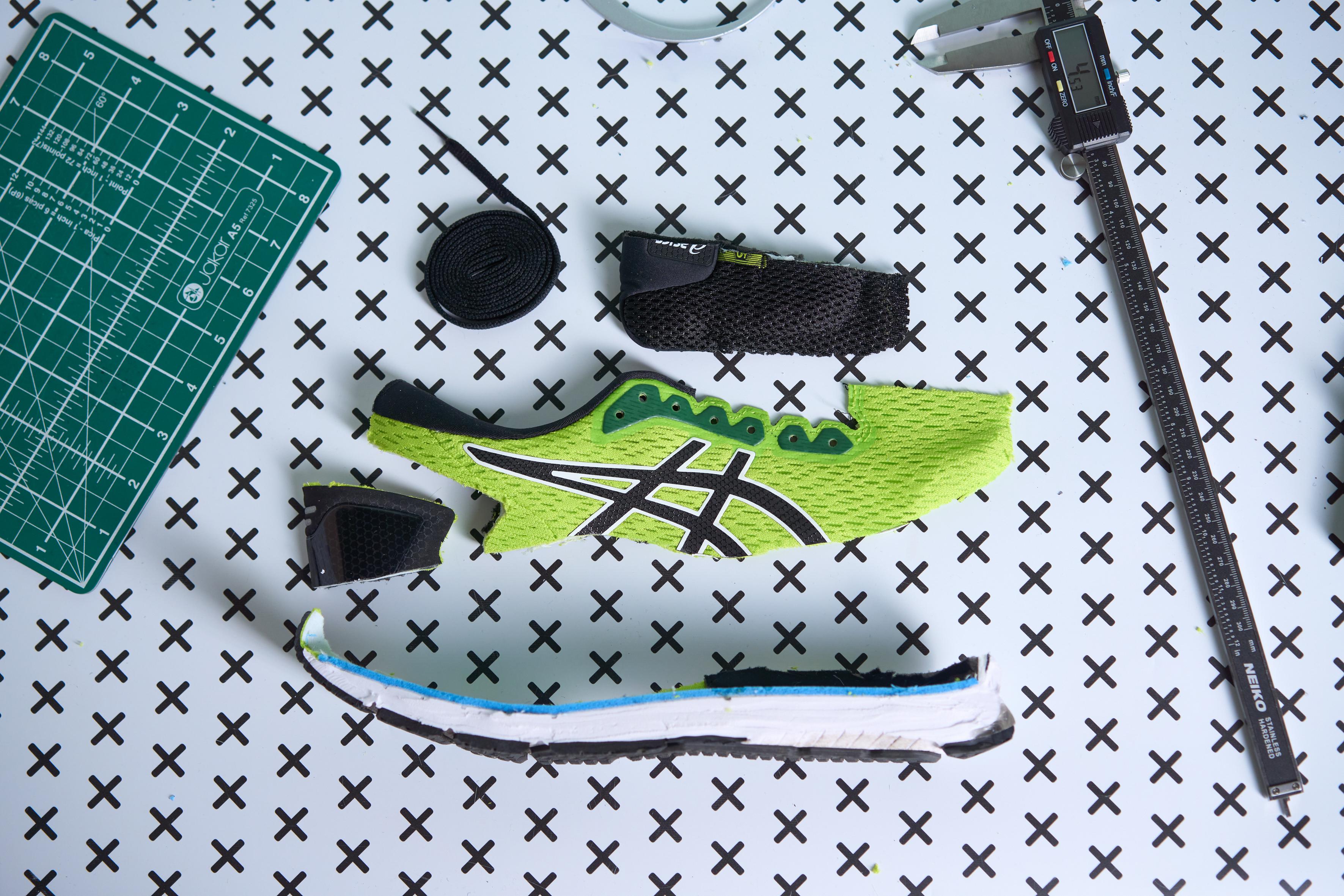
The ASICS GT 1000 9 were able to fill a gap; a solid offering for the lower-priced stability runner. They do exactly that and more. While some stability shoes try to offer the world, ASICS has stayed grounded with the important things: cushioning, durability and comfort.

